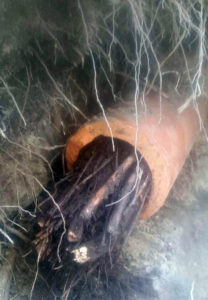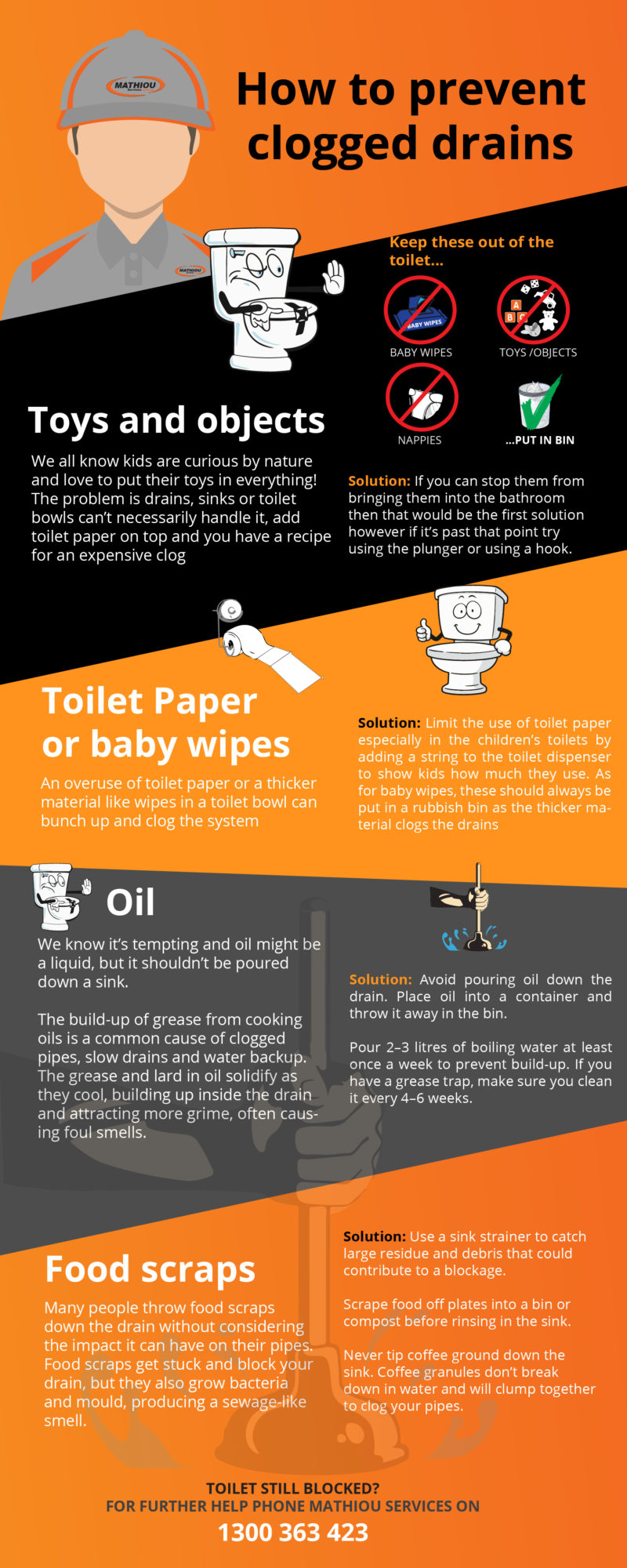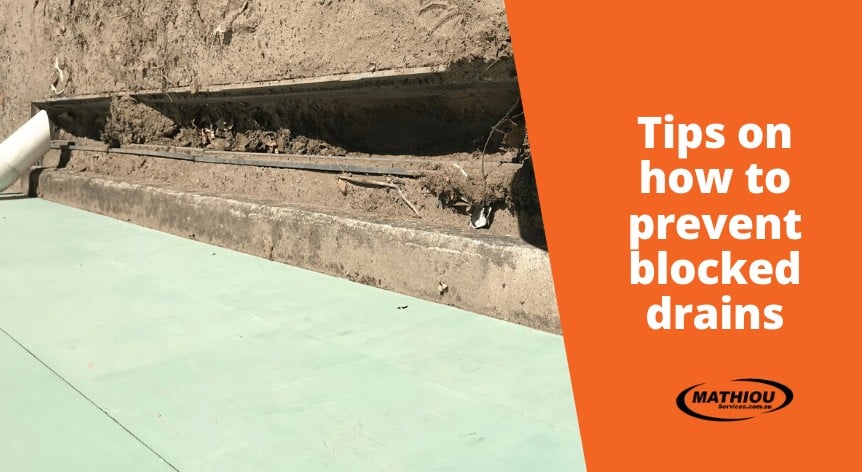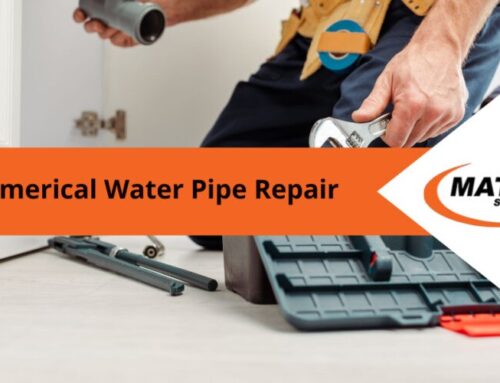Blocked drains can become a serious problem if not fixed quickly interrupting facility usage activities and can also become a health and safety concern amongst other inconveniences.
- Kitchen sink drains clog most often because of a build up of grease that traps food particles and eventually closes off the pipe.
- Hair & soap are often at fault in bathroom drains.
Blocked drains are a common problem that can easily be avoided by implementing a few simple procedures.
- Proper disposal of kitchen waste will keep sink drain blockages to a minimum.
- Don’t pour grease down the kitchen sink.
- Don’t wash coffee grounds down the sink. Throw them out.
- Be sparing with chemical cleaners, particularly if you have brass, steel, or cast-iron traps and drainpipes; some caustic chemicals can corrode metal pipes.
- If used no more than once every few months, cleaners containing sodium hydroxide or sodium nitrate can be safe and effective.
- Clean floor drain strainers. Some baths, showers, and basement floor drains have strainers that are screwed into the drain opening. You can easily remove these strainers and reach down into the drain with a bent wire to clear out accumulated debris. And be sure to scrub the strainer.
- Clean pop-up stoppers in the bathroom sink and the bath regularly. Lift out sink pop-ups once a week and rinse them off.
- Every few months, remove the overflow plate on a bath and pull up the pop-up assembly to reach the spring or rocker arm. Remove accumulated hair and rinse thoroughly.
- Keep the sewer pipes from the facility free of tree roots that may invade them. If roots are a particular problem in the facility yard, you may need to call in Mathiou Services or another qualified professional once a year or so to clear the pipes. We’ll most likely us a hydro-jetter to cut out the roots.

If you follow these procedures you should be able to prevent major blockages occurring and therefore reducing the amount of unnecessary plumbing expenditure.
What really clogs your toilets and how to prevent clogged toilets from happening?









